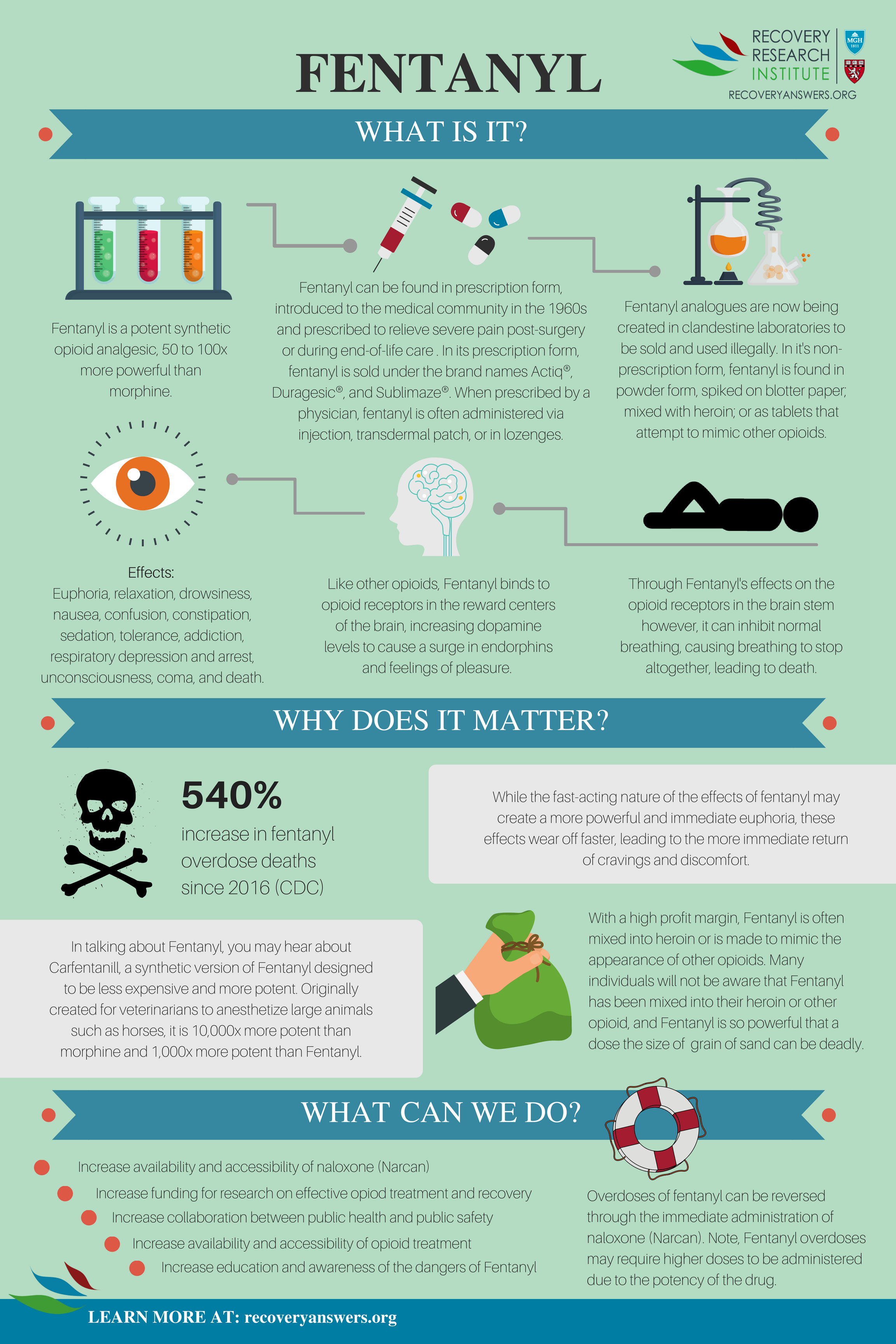Discover The Tricks To Developing An Extensive Aftercare Method Complying With Drug Rehabilitation And Lay The Foundation For Continual Success
Discover The Tricks To Developing An Extensive Aftercare Method Complying With Drug Rehabilitation And Lay The Foundation For Continual Success
Blog Article
Write-Up Produced By-White Aagaard
You've finished drug rehab, and now it's time to create a successful aftercare plan to ensure your lasting recuperation.
https://blogfreely.net/gregory77maricela/learn-effective-strategies-to-stop-relapse-and-obtain-enduring-progress-in : you're a person determined to remain tidy and develop a fulfilling life. This short article will certainly direct you through identifying ongoing support group, including therapy and therapy, and creating healthy coping systems.
With these techniques, you'll be equipped to thrive in your trip of sobriety.
Allow's get started.
Identifying Ongoing Assistance Systems
You need to recognize at least three recurring support systems to make certain a successful recovery after drug rehabilitation.
The first support group is your friends and family. They can give emotional support, inspiration, and aid you stay answerable. They can also offer a safe and understanding setting where you can share your battles and success.
The second support group is your specialist or therapist. They can assist you overcome any underlying problems that may have contributed to your addiction and supply assistance on just how to avoid relapse. They can also show you coping systems and healthy and balanced ways to handle stress.
The third support group is a support group or a sober neighborhood. Being bordered by others that are undergoing comparable experiences can be unbelievably helpful. https://www.csrwire.com/press_releases/740511-how-andy-smith-makes-difference-battle-against-opioid-addiction can supply a feeling of belonging, comprehending, and offer beneficial advice and assistance.
Incorporating Therapy and Therapy
To achieve a successful recovery, it is essential for you to actively take part in therapy and counseling sessions, in addition to integrate them into your recurring support group. By doing so, you can take full advantage of the advantages of these therapy methods and enhance your opportunities of preserving long-lasting sobriety.
Here are some key reasons that including therapy and counseling right into your aftercare strategy is essential:
- ** Emotional Support: ** Treatment and counseling supply a safe area for you to share your thoughts, sensations, and struggles related to your dependency. WhiteSands outpatient drug rehab 33681 enables you to overcome any unresolved problems and develop healthy coping systems.
- ** Slip back Avoidance: ** These sessions outfit you with the necessary tools and techniques to avoid regression. They assist you determine triggers, establish dealing skills, and establish a solid foundation for managing desires and stress.
- ** Individual Development: ** Treatment and therapy help with personal development and self-discovery. They aid you acquire understanding into the underlying causes of your addiction, enhance self-esteem, and develop healthier relationships.
Establishing Healthy And Balanced Coping Devices
During therapy and therapy sessions, it's essential to actively work on establishing healthy coping mechanisms in order to properly take care of stress and difficulties.
You require to determine and comprehend your triggers, those things that trigger you distress or anxiousness. By recognizing these triggers, you can establish methods to handle them in a healthy and balanced method. This might include exercising deep breathing workouts, taking part in exercise, or finding a creative outlet to express your emotions.
It is essential to likewise surround yourself with a strong support group of friends and family that can provide inspiration and advice.
Additionally, self-care tasks such as obtaining adequate sleep, consuming well, and practicing leisure strategies can significantly contribute to your overall well-being.
Conclusion
In the journey towards healing, developing a successful aftercare strategy resembles having a tendency to a fragile garden. Equally as a garden enthusiast nurtures each plant with care and focus, so also must one cultivate recurring support group, include therapy and counseling, and develop healthy coping systems.
By doing so, the seeds of healing will certainly blossom into a prospering garden, providing a strong foundation for a brighter, drug-free future.
